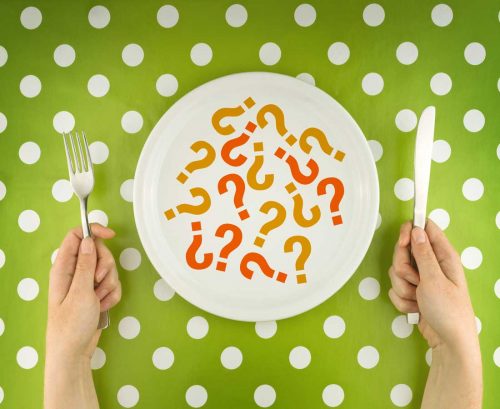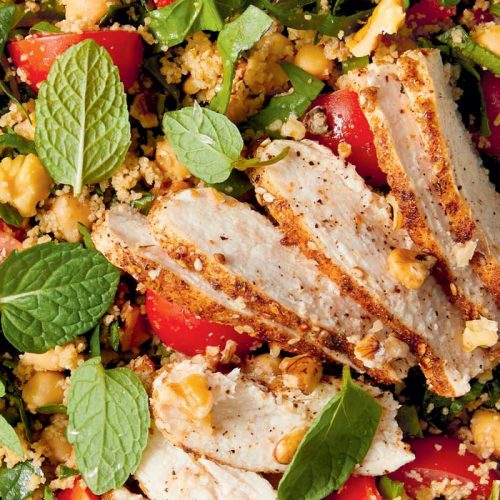
Healthy Food Guide nutritionist Claire Turnbull examines low-carb and fasting methods of weight loss and discusses which approaches are best, long term.
Q I am in my early 50s and need to lose about 20kg for health reasons. I was about to start (again) on a keto diet which allows only 20g of carbs per day, and I do love vegetables but they have carbs in them obviously, and I find it’s hard to eat a variety of non-starchy vegs and stay under 20g carbs. Plus, it’s a real drag to have to log all my food so I can monitor the macros I am eating.
I also think intermittent fasting might help and I am able to skip breakfast to achieve this, but some mornings I am really hungry so I eat a small breakfast that takes the edge off. I’m just so confused about the best way to lose weight without starving and being unable to stick to it in the long term.
Do you have thoughts on the best way to lose weight that is sustainable and not too arduous? I walk every day for 40 to 60 minutes at a moderate pace with the dog but, other than that, I have a desk job.
A The world of food and nutrition can certainly be a confusing place, especially with all the diet trends that come and go. The truth, though, is there is no one way of eating that will work for everyone. For you to feel better and reach your goals, it is about finding a way of eating that is balanced, fits into your lifestyle and feels realistic to be able to maintain long term.
Even though the more rigid ‘rule-based’ diets can appear to work faster, when it comes to dropping dress sizes, too many restrictions can have a downside. You may find yourself getting caught in the roller coaster of being ‘on’ or ‘off’ the diet, or that you end up overeating or binging on days you can’t ‘stick to it’. Plus, there is the risk with these diets that being hyper focussed on what you eat all the time messes with your relationship with food.
Here are five tips to help you find a way of eating to get on the right track:
1 Focus on putting more of the good stuff in!
Aim for a plant-based diet with at least three, if not more, handfuls of veggies a day. Four to six handfuls is even better! Add vegetables to smoothies, serve spinach, tomato or mushrooms with your poached eggs or in an omelette; make veg-based soups for snacks and lunch; chop yourself up vegetables to snack on and put them in the front of your fridge; and, don’t forget to have half your plate at your evening meal of non-starchy vegetables. For more on creating the ideal plate, check this out
2 Focus on quality
There are some great things about carbs, when they are the right types, eaten in appropriate portions. Oats, quinoa and brown rice, for example, are full of fibre and feed your gut bacteria too. While very low carb diets may work for some people to lose weight, it can feel too hard and unrealistic for many of us. Instead, moderating the amount of carbs you have and eating minimally processed, nutrition-packed versions is the way to go.
For more on this check out Is low carb right for you? or What are the heathier carbs?
3 Time-controlled eating
When it comes eating times, it can be helpful to aim for a good 10-12 hours overnight without food. This will help you avoid late-night snacking and forcing yourself to eat breakfast when you really aren’t hungry yet. There are many types of approaches to fasting that can work depending on the person, but you need to weigh up the pros and cons including your lifestyle, socialising, a predisposition towards eating disorders, etc. More of that here
4 What motivates your eating habits?
As well as thinking about the food you eat, it is good to reflect on what motivates your eating. If you often eat when you are bored, tired or feeling overwhelmed then it’s good to look at your relationship with food and see if mindful eating and tuning into your hunger and fullness cues might be helpful. Read more on that here.
5 Get your muscles working for you
As well as walking, look to include some weight-bearing exercise to increase the amount of lean muscle on your body. Having more muscle will help increase the number of calories you burn even when sedentary at your desk.
www.healthyfood.com











